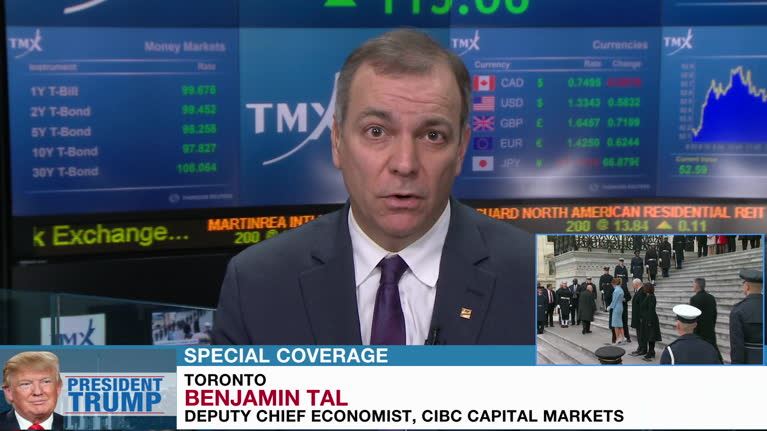
Housing prices have been rising dramatically across the Canadian real estate market, and if economists and banks are to be believed, this is a situation that will only continue. Canada’s most prominent voices say that housing prices will continue to go up over the next decade at least, and those who are interested in getting into the market are going to need to factor this into their purchasing decisions.
A market driven by supply and demand
The current Canadian housing market is one that is driven by market forces. There simply aren’t enough homes available for the amount of buyers in our region. The Greater Golden Horseshoe is currently short of available land — and, even worse, the land that is available is taking too long to get onto the market.
Canadian Imperial Bank of Commerce Deputy Chief Economist Benjamin Tal has noted that “demand is routinely understated”; the government has not anticipated the need for these new developments, and so they have not entered into the market as quickly as necessary. Thus, we only see prices rise as the government attempts to bandage these problems.
Over time, major centers have grown in population. But these cities have not developed themselves upwards; instead, they have grown outward. There are now too few properties available in highly desirable areas, which is causing increases in prices and an increasingly sprawling population.
The end results of the housing plan
Ultimately, the housing plan introduced by the Ontario government had very little impact. Short-term, it led to a flooding of the market as many individuals attempted to sell. This did temporarily cool down increases in real estate prices, but not by much. Now that fear has subsided, buyers and sellers have returned to the market.
A 15 percent sales tax on foreign buyers did cool the market, but primarily for psychological reasons. Analysts believe that once the dust settles, market conditions will become even tighter. It is a change in housing policy that will be necessary, in addition to a change in which properties are considered to be desirable.
This is because the market conditions are not led by any individual factors, but rather the fundamentals of the market — fundamentals which Tal states will “not only will prevent a dramatic decline, but will lead to a strong increase from a long-term perspective over the next five to 10 years.”
There are new factors still on the way, such as new mortgage stress test rules and new interest rates. But long-term, this isn’t expected to ease the demand in the Vancouver and Toronto markets, as few buyers are expected to feel the full impact of these changes. According to Charles Sousa, the Ontario finance minister, “Market forces will always prevail.”
Toronto housing moving into the future
“If you think Toronto and Vancouver are unaffordable now,” says Tal, “just wait.”
Economists are projecting major, long-term growth for the Toronto and Vancouver housing markets. According to Royal LePage’s forecast, home prices will increase by almost 5 percent next year. Re/Max also anticipates a price move upwards of a couple of percentage points. And that’s bad news for those who want to delay getting into the market.
Ultimately, real estate prices in Canada will continue to grow. The market forces are simply there. The government, banks and economists all agree, regardless of stunts like the Fair Housing Plan.



